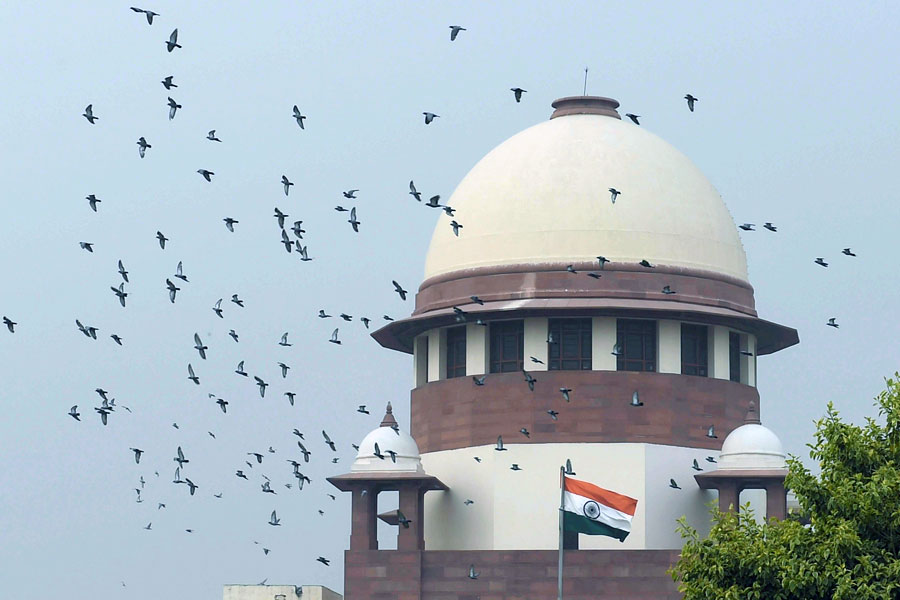The Centre has told the Supreme Court that the government is doing its best to ensure that citizens discharge their fundamental duties as enshrined in the Constitution, but the onus lies with the people and the state governments as the duties are not legally enforceable like fundamental rights.
“Notably, the obligation to give effect to these duties must also lie with each and every citizen, and as such, the stance taken by the various state governments with respect to the efforts made by them in this regard, would also be important and relevant for arriving at such a determination,” attorney-general R. Venkataramani told the court in his written submissions.
The submissions were made in the context of a notice issued by the Supreme Court in 2022 on a PIL filed by Durga Dutt for directing the Centre to enforce mandatory implementation of fundamental duties outlined in Article 51 of the Constitution.
According to the Centre, the Justice J.S. Verma Committee had in its final report dated October 31, 1999, recommended that voting and paying taxes be added to the fundamental duties.
On July 6, 2001, the National Commission to Review the Working of the Constitution examined the recommendations made by the Verma Committee and observed that there is an imperative need for wider dissemination of information and generating greater awareness on the fundamental duties and the obligations of citizenship.
According to the Centre, three states — Haryana, Uttar Pradesh and Madhya Pradesh — have enacted laws to recover damages for destruction of public property during riots or public protests in the wake of specific incidents or events that gave rise to the need for such legislation.
“As such, it is evident that effectuation of this fundamental duty is a constant and ongoing process, and both central and state legislatures have taken appropriate steps from time to time, as and when felt necessary in light of the need of the hour, to appropriately implement the same.
“Therefore, in light of the above, it is evident that the observations made by this Hon’ble Court in Ranganath Mishra (earlier judgment for considering implementation of fundamental duties) are under active consideration in several spheres and
appropriate steps in pursuance thereof are continuously undertaken when found
necessary,” the attorney-general stated.










